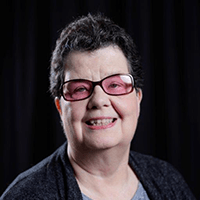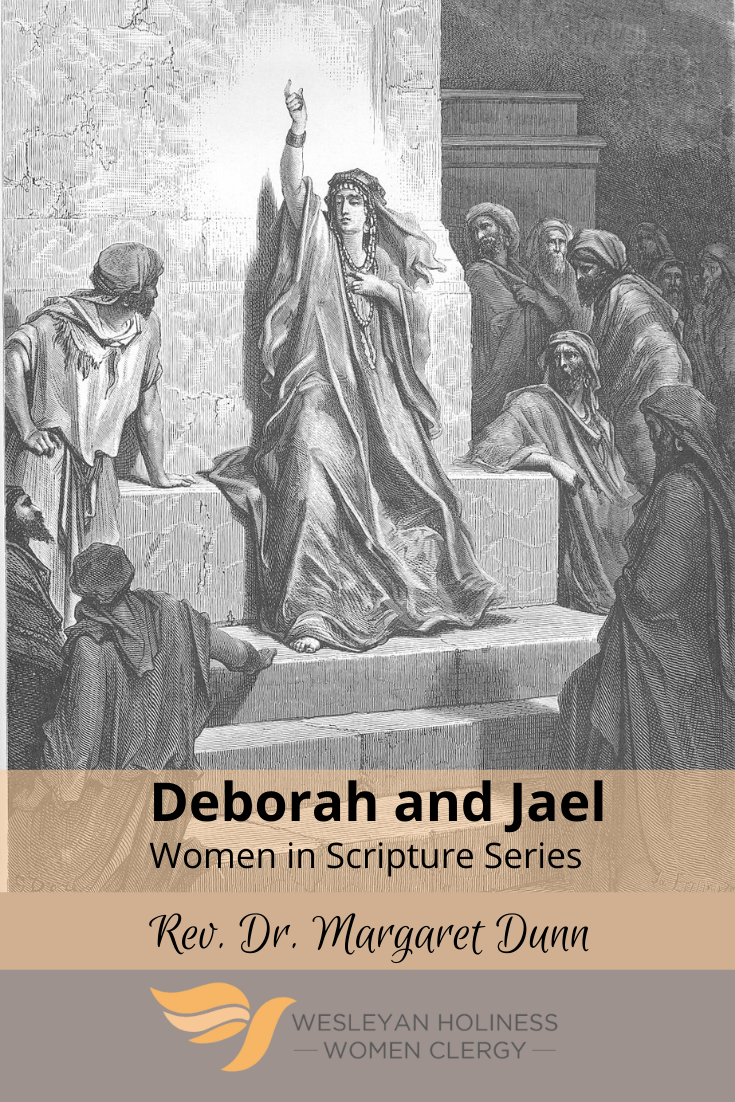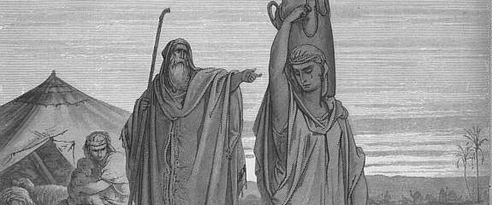Dr. Margaret Dunn is an ordained minister in the Church of God. She is serving at Mid America Christian University as an adjunct instructor and at Parkgate Community Church as a learning hour teacher for 3rd-5th grade students, a prayer partner, and a member of the missions team. She has been a member of leadership teams for the Church of God on the state and national level and was a member of the planning team for the 3rd, 4th, and 5th WHWC conferences. She lives in Pasadena, Texas.
Deborah And Jael: Women in Scripture Series
Rev. Dr. Margaret Dunn • September 22, 2021 | WHWC
Women Who Boldly Follow God
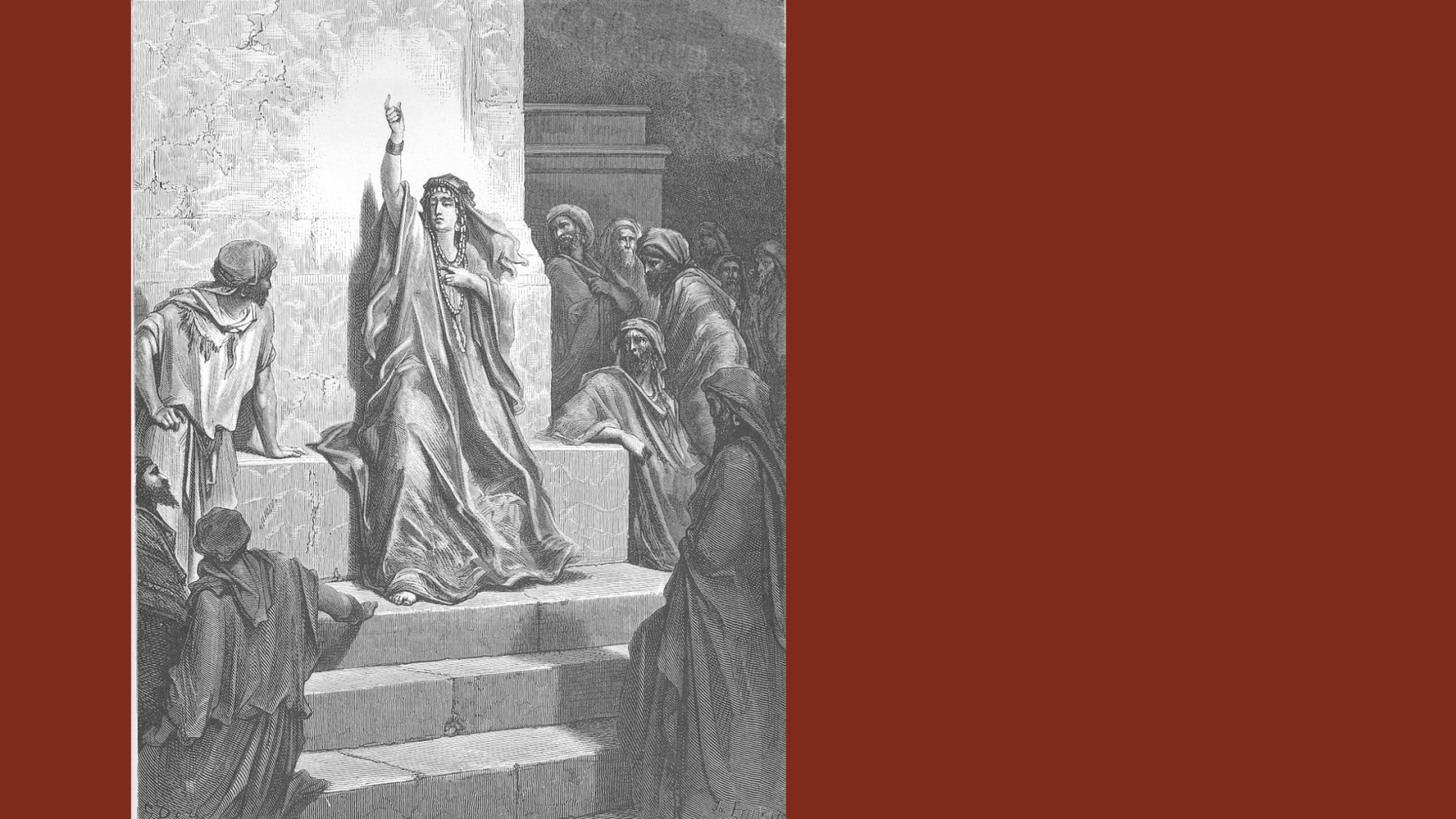
The Scripture passages that will be discussed are found in Judges 4 and 5.
You can read the chapters here: https://www.bible.com/bible/110/JDG.4.NIRV or in any other version of the Bible you choose.
Introducing Deborah
In Judges 4 and 5, we meet two women Deborah and Jael. Deborah is a judge.
“As a judge she sought guidance from the Lord by praying and meditating before proclaiming their ruling on a matter. Many of the judges were also thought of as prophets who articulated ‘a word from the Lord.’ Deborah would sit under the palm tree between Ramah and Bethel in the hill country of Ephraim; and the Israelites would line up for her to rule on a matter.” (https://www.christianity.com/wiki/people/who-was-deborah-in-the-bible.html)
Who Are These Women?
Deborah's story begins in Judges 4 which indicates that Israel had once again done evil in the sight of the Lord and was now under the control of Jabin, the king of Canaan. The army of the Canaanites was led by Sisera, (Judges 4:1-2). As is the pattern in the book of Judges, when the people of Israel are under the control of another nation, they cried to the Lord for help.
This time the Lord answered by giving a word to Deborah. Deborah calls Barak, who God has asked to lead the nation into battle with the promise of a victory. Barak says he will go but only if Deborah will go with him. So Deborah goes, but tells Barak that the glory for the victory will not be given to him because Sisera will be overcome by the hand of a woman.
The story unfolds exactly the way God told Deborah it would. The Canaanites were defeated by Barak, Deborah, and the Israelite army. Sisera fled the battle and went to the house of Jael; the wife of Heber the Kenite since there was peace between Jabin and the house of Heber.
Sisera, thinking he was safe, ate and drank and then fell asleep. Jael kills him by driving a tent peg through his head and into the ground. Jael then goes to Barak and tells him where he will find the head of Sisera. The army of Israel prevailed and Jabin was destroyed.
After this Deborah continued to rule Israel for forty years and there was peace in the land. Judges 5 is a song sung by Deborah and Barak that recounts the events of the battle giving praise to God for His guidance in the process. In this song, Jael's act is mentioned and she is called blessed.
A Tale of Two Heroines
The two heroines in this story are Deborah and Jael. In their stories, there are similarities and differences. For instance, they are both doing what God called them to do. Deborah was judging, Jael was caring for her household. God spoke to both of them as they were doing the ordinary activities of life and both obeyed God when He spoke.
Deborah’s leadership lasted for a long period of time. She was a judge and regularly proclaimed a ruling among the people. This was a role that was established by Moses when he appointed helpers to help him settle disputes among the Israelites (Exodus 18). After the battle, she went back and continued her ministry as a judge and Israel lived in peace for forty years.
Jael was called upon to perform a single act at one specific point in time. At this time in history, everything connected with a tent was a woman’s job. Jael had become an expert in all the phases of making, pitching and striking tents. This was why Jael was able to turn her skill to a good account, as with a tent pin in one hand and with a maul in the other (https://www.biblegateway.com/resources/all-women-bible/Jael). After this act is done she is not mentioned again in the Bible.
Living a Life of Holy Boldness
In her book, Holy Boldness Dr. Susie Stanley “provides a comprehensive analysis of spiritual autobiographies by thirty-four American Wesleyan/Holiness women preachers, published between the mid-nineteenth and mid-twentieth centuries…..The defining doctrine of the Wesleyan/Holiness tradition is the belief in sanctification, or experiencing a state of holiness. Stanley's analysis illuminates how the concept of the sanctified self inspired women to break out of the narrow confines of the traditional ‘women's sphere’ and engage in public ministries, from preaching at camp meetings and revivals to ministering in prisons and tenements.” You can find her book here - https://www.amazon.com/Holy-Boldness-Women-Preachers-Autobiographies/dp/1572333103
The lives of Deborah and Jael illustrate this same holy boldness as they emerged from their ordinary roles into women who did extraordinary things for God and His people. They did this because they listened to God, heard God and obeyed God.
As Wesleyan Holiness Clergy women, we are called by God to live lives that demonstrate this same holy boldness as we serve in our faith communities by proclaiming the Gospel message. This boldness will take many shapes and forms since we are all different.
It may be a singular act like Jael or it may be a lifetime ministry like Deborah’s. It may mean speaking up in a meeting and asking a question regarding having women in leadership positions; or it may be being the woman who dares to start a ministry reaching out to women in strip clubs; it may be the woman who, being called to lead, leads well; or it may mean being bold enough to dream of a conference for clergy women from the Wesleyan Holiness tradition that will empower, encourage, and connect women in ministry. Dr. Stanley not only wrote about holy boldness, she lived it.
Consider Joining Us for E2022
As we think about convening in March 2022, we convene because Dr. Stanley said yes to carrying out God’s vision and leading us as we gathered in Glorietta, New Mexico in 1994 for the first conference. Susie’s boldness and our boldness does not come from ourselves, it comes from the transforming work of the Holy Spirit in our lives and ministries as we listen to God and obey Him in our everyday lives and ministries.
Be encouraged knowing that God is in control. As God guided Deborah, Jael, and so many others He will guide us and give us holy boldness when we listen, hear, and obey.
If you haven’t registered for E2022, you can go to the conference page here
- http://www.womenclergyconference.com
to register and book a room. Pricing, event details (including speakers), and some testimonials are listed there. If you are a woman in ministry, a woman ministerial student, or a woman exploring a call to ministry, you will not want to miss this.
References:
- Who was Deborah in the Bible retrieved from (https://www.christianity.com/wiki/people/who-was-deborah-in-the-bible.html)
- Jael (All the Women in the Bible series) retrieved from (https://www.biblegateway.com/resources/all-women-bible/Jael).
- Holy Boldness Description from Amazon website retrieved from https://www.amazon.com/Holy-Boldness-Women-Preachers-Autobiographies/dp/1572333103
Enjoyed this article? Connect with us on one of our social media platforms. Share it and forward it to a friend:

Wesleyan Holiness has a rich and diverse history of women empowered by the Holy Spirit following God in obedience to Him, blocking out the voices of those who didn't embrace or encourage women preachers. Each one of them are the women whose shoulders we stand upon, making way for the next generation of women pastors coming up behind us.
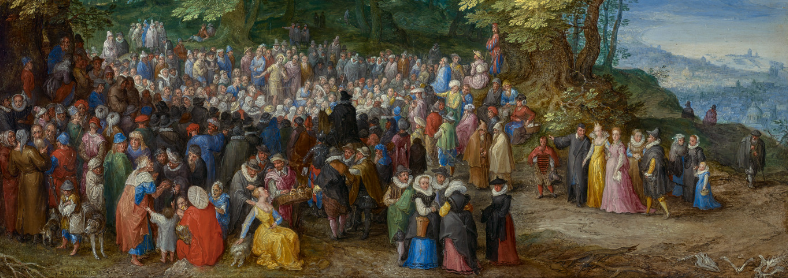
The wonderfully freeing truth we have in the Beatitudes is that they are not a checklist of to-dos and rules to hem us in, keep us in line, or that we must check off. The Beatitudes are words given to us as grace, dripping like honey from a honeycomb with blessing and hope in a desperate and broken world.

